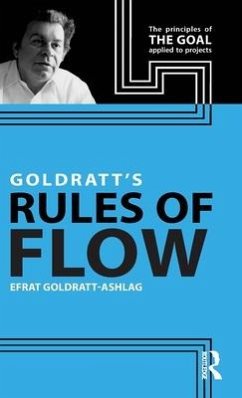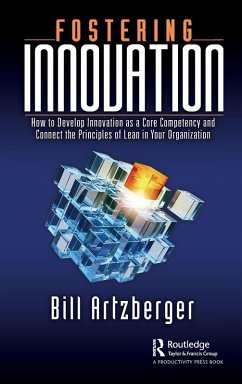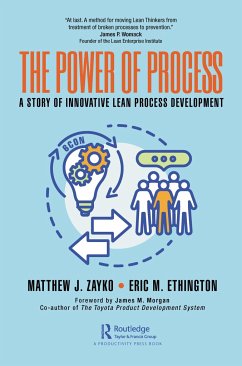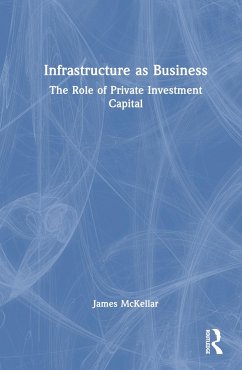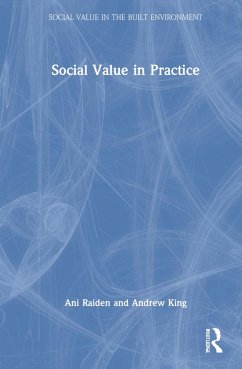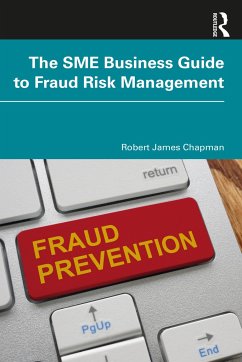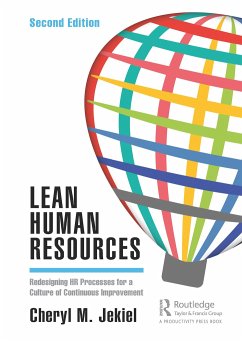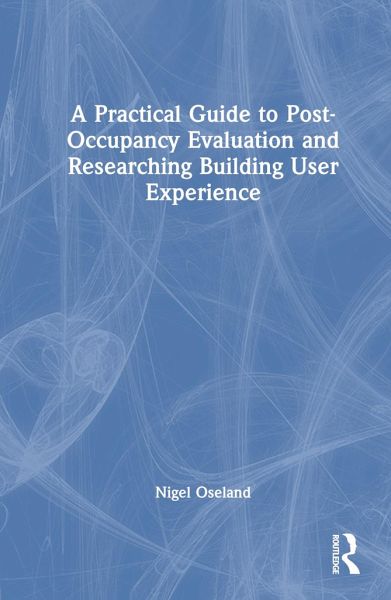
A Practical Guide to Post-Occupancy Evaluation and Researching Building User Experience
Versandkostenfrei!
Versandfertig in 1-2 Wochen
176,99 €
inkl. MwSt.
Weitere Ausgaben:

PAYBACK Punkte
88 °P sammeln!
A Practical Guide to Post-Occupancy Evaluation offers high-level pragmatic guidance and case study examples on how to conduct a Post-Occupancy Evaluation (POE) to determine whether a workplace project is successful and uncover the lessons learned for future projects. For designers, POEs provide essential predesign feedback, informing the design brief to determine occupant requirements and help focus expenditure. For those in charge of a building or buildings, POE offers proactive building management and can also be used as part of the change management programme in larger projects, informing t...
A Practical Guide to Post-Occupancy Evaluation offers high-level pragmatic guidance and case study examples on how to conduct a Post-Occupancy Evaluation (POE) to determine whether a workplace project is successful and uncover the lessons learned for future projects. For designers, POEs provide essential predesign feedback, informing the design brief to determine occupant requirements and help focus expenditure. For those in charge of a building or buildings, POE offers proactive building management and can also be used as part of the change management programme in larger projects, informing the occupants of progress. The practical guidance offered in this book will help the workplace industry understand if a design meets the requirements of an occupier and measure the success of and value offered by a workplace project. This book will be of interest to professionals in the workplace industry responsible for delivering and evaluating capital projects as well as those studying interior design, architecture, surveying, facilities management and building services engineering.





